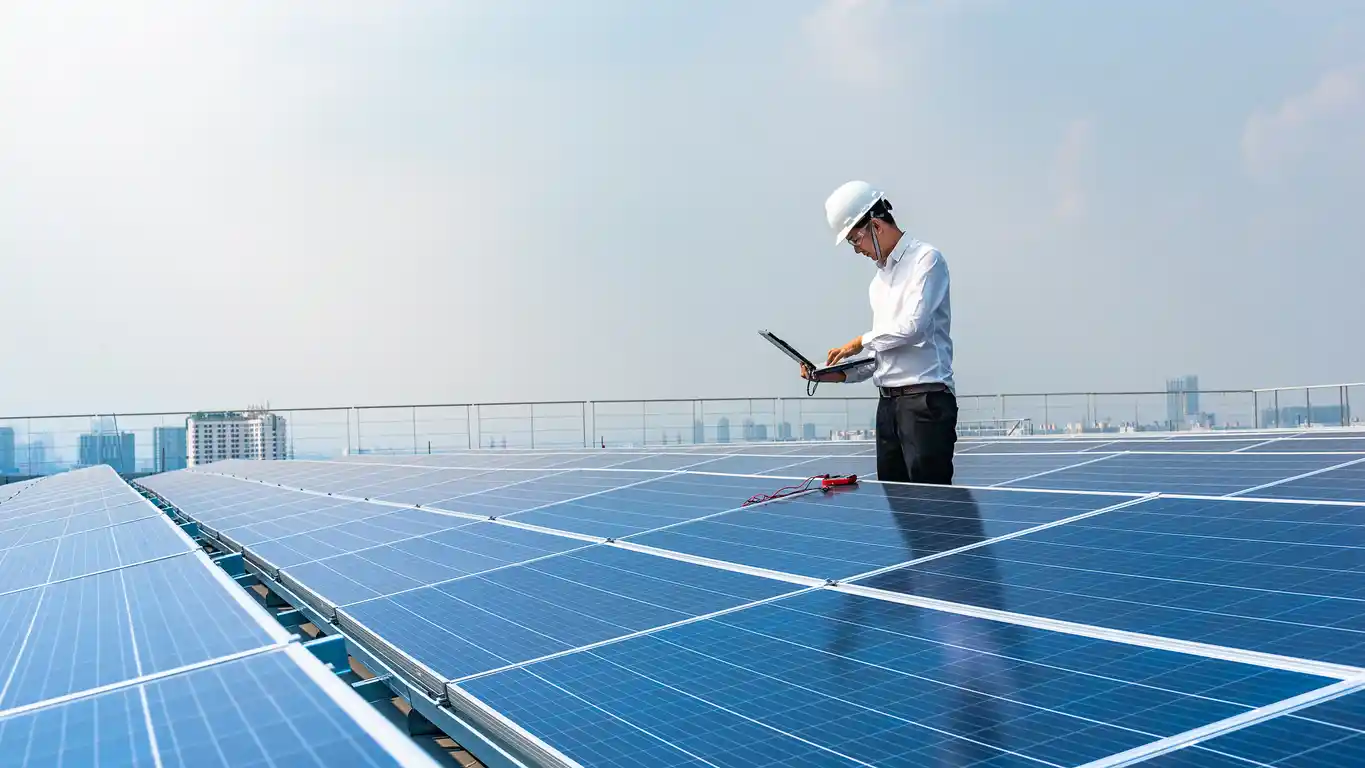Executive Yuan Agreed Taipower Will Remain Integrated Energy Administration to Draft Amendments to Electricity Industry Law
Executive Yuan Agreed Taipower Will Remain Integrated Energy Administration to Draft Amendments to Electricity Industry Law

The 2017 amendment to the "Electricity Law" mandates that Taipower separate its power plants and grids management by the end of 2025 and split into three companies: power generation, transmission & distribution, and electricity sales. Due to the changing environment, and to ensure national energy security while staying aligned with international trends, the Energy Administration of the Ministry of Economic Affairs plans to submit a draft amendment to Article 6 of the Electricity Law in the second half of the year at the earliest.
Officials from MOEA stated that the primary reason for keeping Taipower integrated is to ensure national energy security. Taipower aligns with national policies to implement essential infrastructure such as power grids and power plants, making investments more substantial. Under the 2050 net-zero carbon emission target, it is crucial for large-scale integrated power companies to facilitate green power purchases and to develop and invest in new energy sources (like geothermal energy).
Officials stated that following the Russia-Ukraine war, amid soaring energy prices, private power companies in countries such as the United Kingdom, Japan, and Singapore have collapsed. For instance, France repurchased private shares of EDF, and Germany nationalized some energy companies, indicating a shift in the global trend.
To move towards the liberalization of the electricity industry and support the development of green energy, the 2017 amendment to the Electricity Industry Law requires Taipower to complete the company spin off (separation of power plants and grids) by January 1, 2026, at the latest, splitting into three businesses: power generation, transmission & distribution, and electricity sales. However, due to the long-term collaboration between the sales office and the power distribution office, a hard separation would cause operational difficulties. Therefore, the plan was adjusted to create three companies: power generation, transmission, distribution & electricity sales, and a parent company (holding company). In practice, due to changes in the overall environment, Taipower's policy tasks have become more critical, making the spin-off unfeasible.
Article 6 of the Electricity Law stipulates that Taipower must complete the spin off within six years. However, considering the development of the electricity market, Taipower may request an extension and to be limited to two extensions. The first extension is limited to two years, allowing for a total possible extension of four years. The MOEA has exhausted all allowable extensions and must now amend Article 6 of the Electricity Law.
Officials stated that since the Executive Yuan agreed on the 15th that Taipower does not need to be split, the MOEA and Taipower only need to prepare a comprehensive electricity budget for 2025, without the need to prepare separate budgets for three companies.
Source: Economic Daily News
